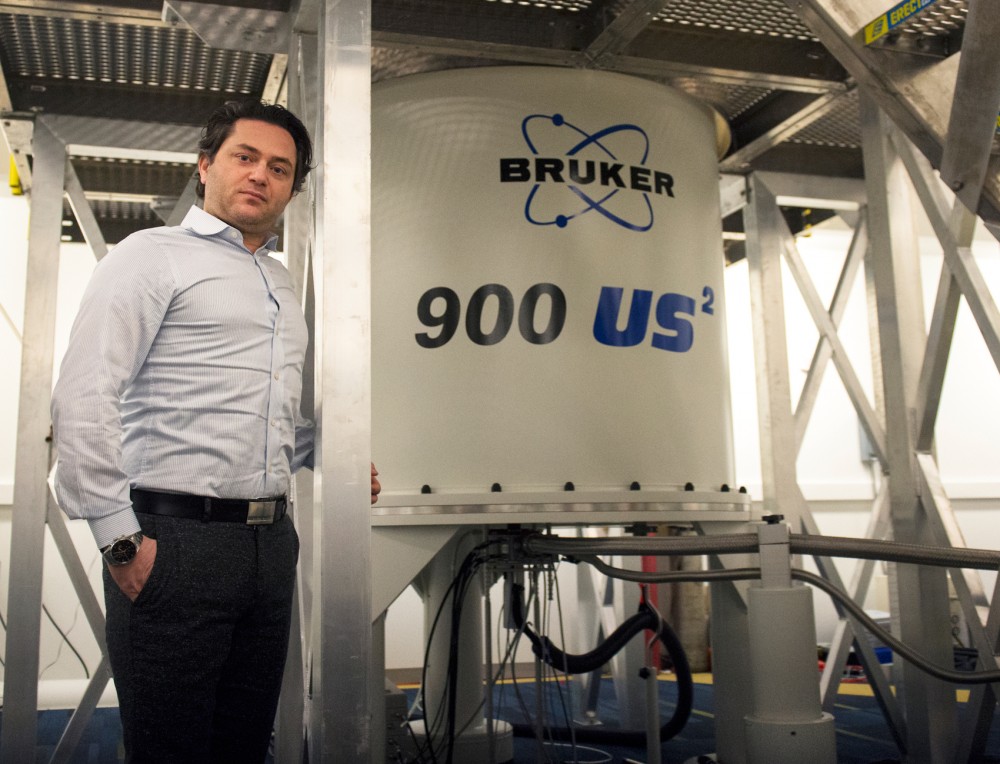A University of Minnesota professor recently unraveled a medical mystery that could enable the creation of new anti-cancer drugs.
For years, experts didn’t understand why a drug used in organ transplants had cancer-slowing properties when they expected others of its kind to increase cancer risk. Biochemistry Professor Charalampos Kalodimos uncovered how the drug, called Cyclosporine, inhibits cancer’s spread, which other researchers could use to make cancer drugs.
Pamala Jacobson, a professor at the College of Pharmacy, said the drug is used to weaken the immune system. She said when someone gets an organ transplant, their immune system must be suppressed so it doesn’t attack and kill the new organ.
“In the case of transplants, immune suppressants are used for a lifetime. Patients can never go off them,” Jacobson said. “It suppresses the immune system to such a severe extent, that it puts them at risk for getting cancers.”
The immune system usually kills cells that may become cancer cells so any immunosuppressant taken long term can cause cancer, she said.
Kalodimos said Cyclosporine blocks cancer because it interacts with different pathways, like switches on cells, from other drugs similar to it. The drug binds with both a pathway that suppresses the immune system and one that slows cancer growth at the same time.
“Cyclosporine is very big and overlaps in both of these areas and interferes with both of them,” Kalodimos said.
He said now that researchers understand the effect, new drugs could be created to hamper cancer without harming the immune system.
“Now that we know there are two different pathways … a new novel drug can be designed to just only bind to this [pathway] without any immunosuppression,” Kalodimos said.
Kalodimos’ work uses nuclear magnetic resonance spectroscopy, where large magnetic fields are applied to molecules. Reactions of the molecules are then measured, showing researchers more about the structure of those molecules.
“That’s what we do; we use big magnets to get information about the details of molecular structures. The University of Minnesota NMR Center is perhaps one of the top two or three NMR centers in the entire world,” said David Bernlohr, head of the Department of Biochemistry, Molecular Biology and Biophysics.
Others in Kalodimos’ department are using NMR on other research ventures.
“We have a cluster of investigators in our department that are utilizing the NMR center for their
primary research tool,” Bernlohr said. “Many of these papers are extraordinarily impactful. The [paper] by Kalodimos is an example of that.”











